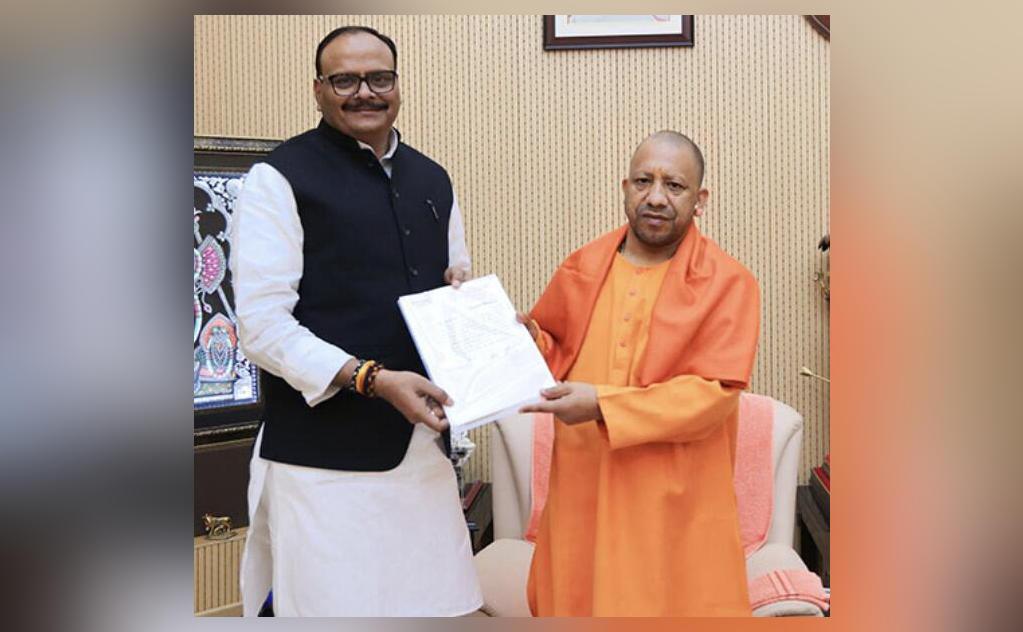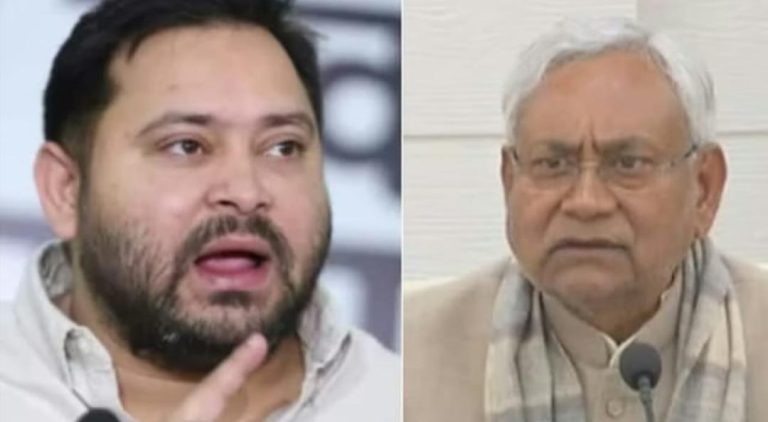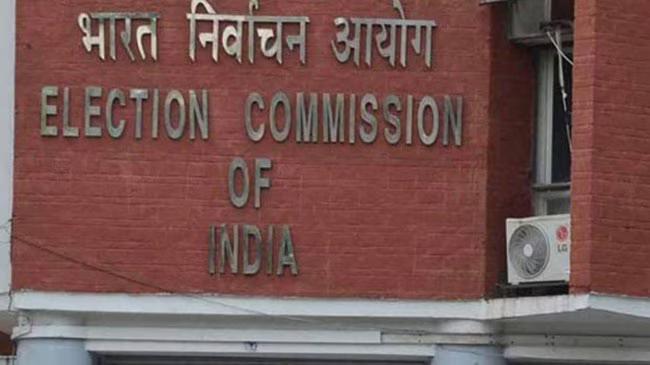
Indecent & Vulgar: UP CM on SP’s Post Against Dy CM Pathak
In a recent turn of events, the Samajwadi Party’s (SP) official Twitter handle sparked outrage by posting allegedly indecent and vulgar remarks against Uttar Pradesh Deputy Chief Minister Brajesh Pathak. In response to this, Chief Minister Yogi Adityanath condemned the remarks, terming them “indecent and vulgar”. In this blog post, we will delve into the details of the controversy and explore the reactions that have followed.
The controversy began when the SP’s official Twitter handle posted a series of tweets that were widely perceived as personal attacks on Brajesh Pathak. The tweets in question were laced with explicit language and personal insults, targeting the Deputy CM’s personal life. The tone of the tweets was unmistakably aggressive and offensive, sparking widespread outrage across the political spectrum.
Yogi Adityanath, the Chief Minister of Uttar Pradesh, was quick to respond to the controversy. In a statement, he condemned the alleged objectionable remarks made against Brajesh Pathak, terming them “indecent and vulgar”. Adityanath emphasized that such behavior has no place in a civilized society, and that it is the responsibility of the SP’s top leadership to review its social media handles to prevent such incidents from occurring in the future.
Adityanath’s statement has sparked a heated debate about the role of social media in politics. While the SP has yet to issue an official apology for the tweets, many have questioned the wisdom of using such language in public discourse. In a society where political leaders are expected to maintain a certain level of dignity and decorum, such behavior is considered unacceptable.
The controversy has also raised questions about the accountability of political parties in managing their social media presence. While social media has become an essential tool for political parties to connect with their audience, it is equally important to ensure that the language and tone used on these platforms are respectful and dignified.
In recent years, social media has played a significant role in shaping public opinion and influencing political discourse. With millions of users actively engaged on these platforms, the potential for misinformation and disinformation is immense. As such, it is crucial for political parties to establish robust mechanisms to monitor and regulate their online presence, ensuring that their social media handles are used responsibly and in a manner that reflects positively on their party and its leaders.
In the context of the controversy surrounding the SP’s tweets, it is clear that the party’s top leadership has some serious questions to answer. While the party has yet to issue a formal apology, many have called for the SP’s social media handles to be suspended or taken down until further notice.
In conclusion, the controversy surrounding the SP’s tweets against Brajesh Pathak is a stark reminder of the importance of responsible social media behavior in politics. As political parties continue to rely on social media to connect with their audience, it is essential that they establish robust mechanisms to monitor and regulate their online presence, ensuring that their social media handles are used responsibly and in a manner that reflects positively on their party and its leaders.






